On the afternoon of December 10, 2019, on the occasion of the 5th anniversary of the Regional Centre for Space Science and Technology Education in Asia and the Pacific (Affiliated to the United Nations), the International Space Education Cooperation Forum was held in the conference center of the new main building, Beihang University. Dr. Luc St Pierre, Senior Programme Officer, Space Application Section, UNOOSA, addressed the conference, Ms. Yu Qi, Director General of Department of International Cooperation, CNSA attended the forum. The forum was chaired by Mr. Weng Jingnong, Executive Director of the Centre.
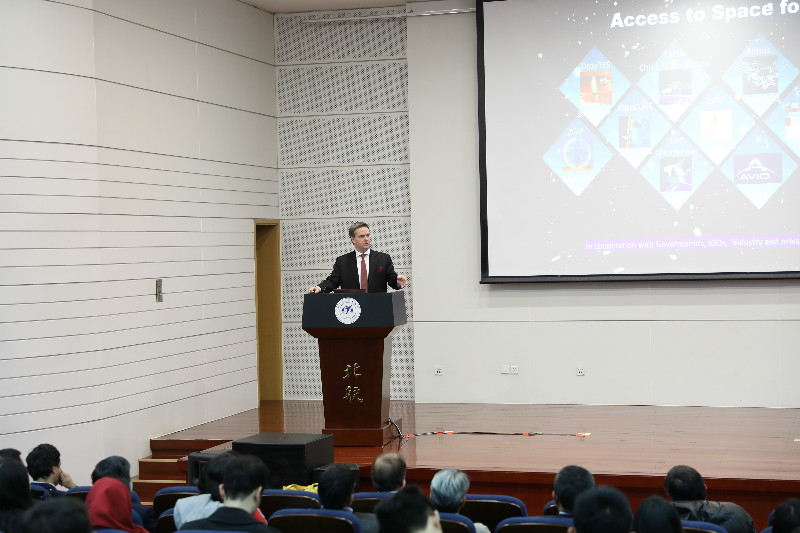
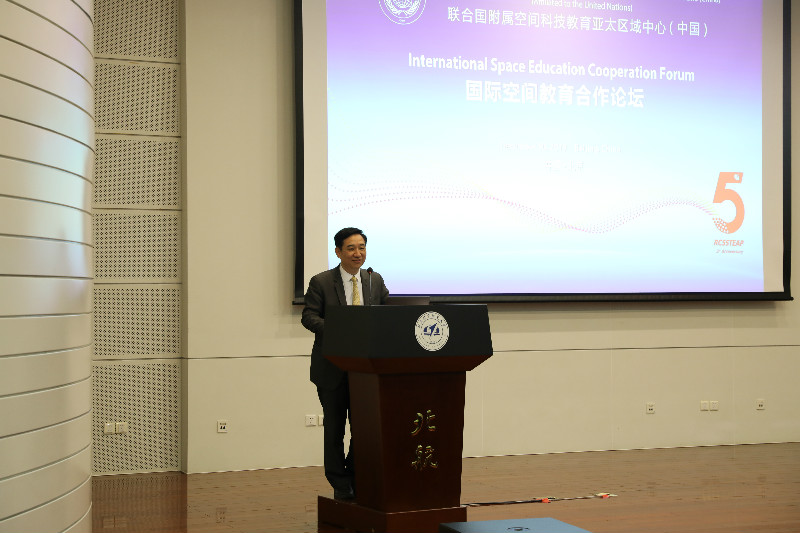
Eleven (11) guests made presentations at the forum, they were from CRECTEALC, China Satellite Meteorological Center, Asia-Pacific Space Cooperation Organization (APSCO), School of Biological Science and Medical Engineering, BUAA, RCSSTEWA, Northwest Polytechnic University, CRASTE-LF, Shenzhou Institute, China Academy of Space Technology, China Academy of Space Technology, ARCSSTE-E, ITCCC and RCSSTEAP.
Mr. Sergio Camacho, Director of CRECTEALC, summed up seventeen (17) world sustainable development goals mentioned in the 2030 Agenda for Sustainable Development, Sendai Framework for Disaster Risk Reduction 2015-2030 and the Paris Climate Change Agreement, proposed that high-quality talents in space technology applications should be trained through the establishment of space related specialties, and gave a brief introduction to the organizational model and achievements of the CRECTEALC.
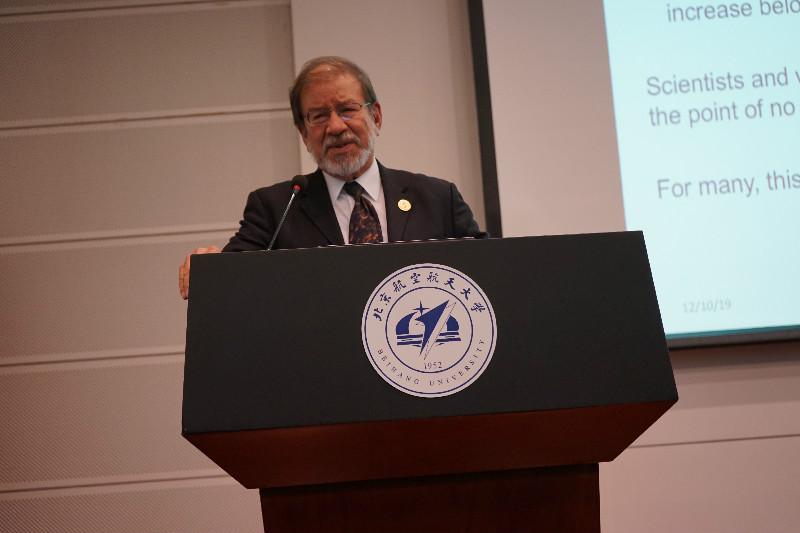
Mr. Tang Shihao, Researcher of China Satellite Meteorological Center, made a report entitled “Overview of Fengyun satellite and its applications”, introduced Fengyun and Gaofen series of satellites in China, made a detailed description on data service, software service, satellite application and international cooperation of China Satellite Meteorological Center, and introduced their plan.
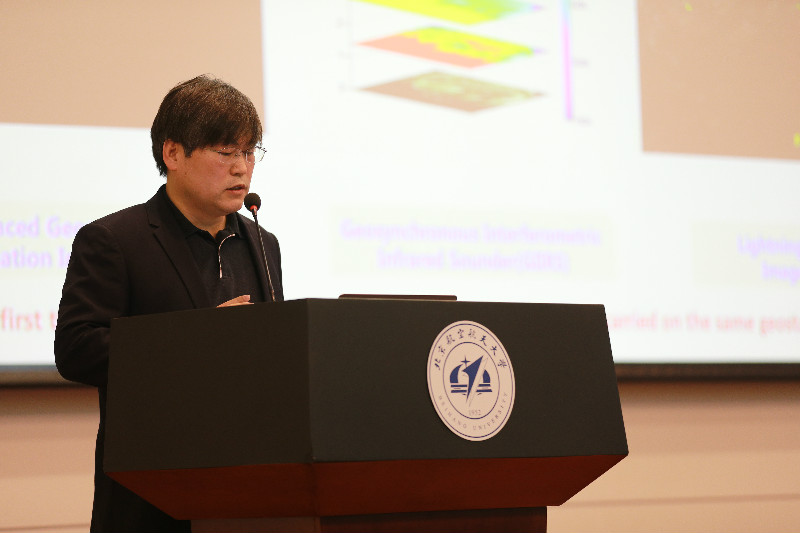
Mr. Mohammad Ebrahimi Seyedabadi, Director General of Education Training and Database Management Department of APSCO, introduced their establishment process, multilateral cooperation mode, talent training mechanism, degree education, university cooperation, AJPSCO Small Student Satellite project (SSS), etc.
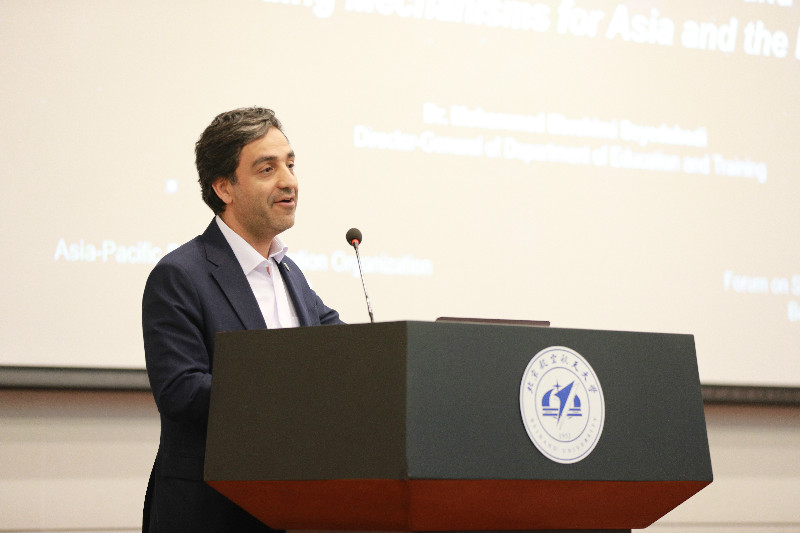
Ms. Liu Hong, Professor in School of Biological Science and Medical Engineering, BUAA, Chief designer of “Lunar Palace 1”, introduced the development background, development process, experimental process and data analysis of experimental results of “Lunar Palace 1”, which was the first the world’s third space base life support foundation integrated experimental device.
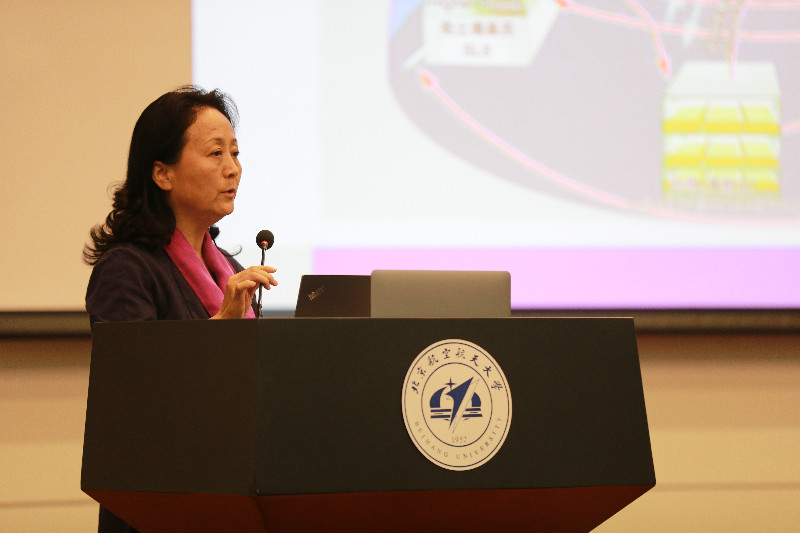
Mr. Awni Kasawneh, Director of the RCSSTEWA, introduced the new building of the Jordan Regional Centre which was just put into use this year. He also gave a brief introduction to the existing hardware and software facilities, specialty settings, exchange visits and future development directions of the RCSSTEWA.
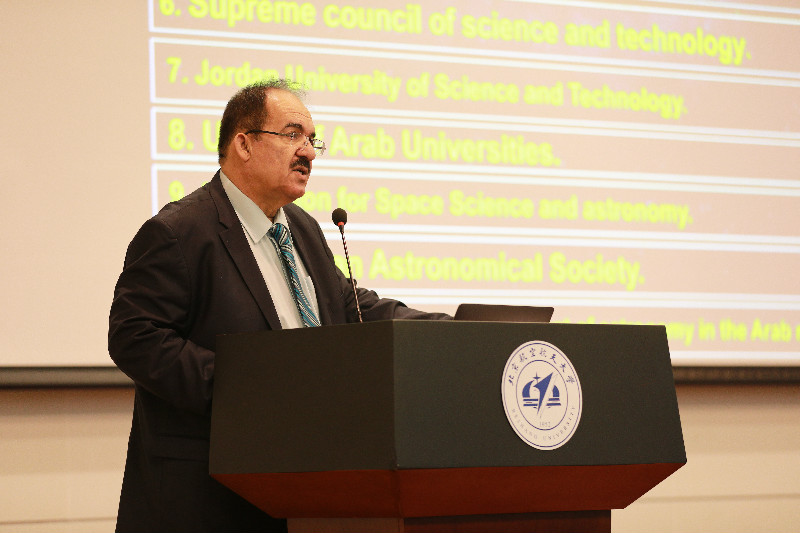
Ms. Yuan Yun, a representative of Northwestern Polytechnic University, introduced the “Belt and Road” Aerospace Innovation Alliance (BRAIA) to the guests in detail from its founding and development process, members, working mechanisms, events and future plans.
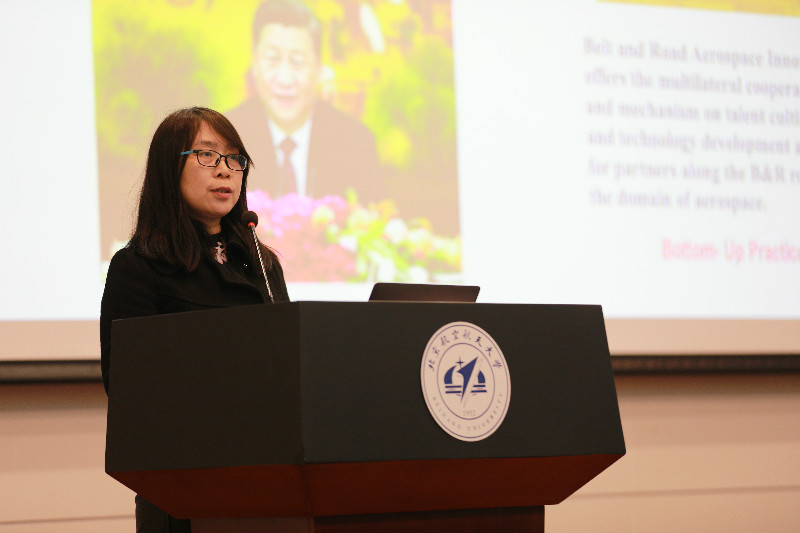
Mr. Anas Emran, Director of the CRASTE-LF, introduced the Morocco Regional Centre from its Member States, development goals, professional settings, training courses and short courses. The specific cooperation contents with RCSSTEAP, UNOOSA and other international organizations in the past few years were also illustrated.
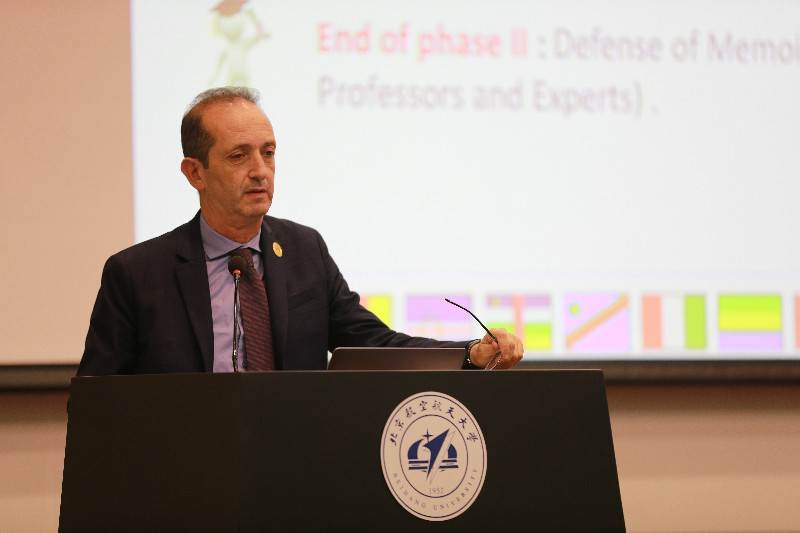
Mr. Zhao Sheng, a representative of Shenzhou Institute, China Academy of Space Technology, made a detailed introduction to the research scope, research content, research results, international cooperation, satellite launch, space engineering education and training of the CAST.
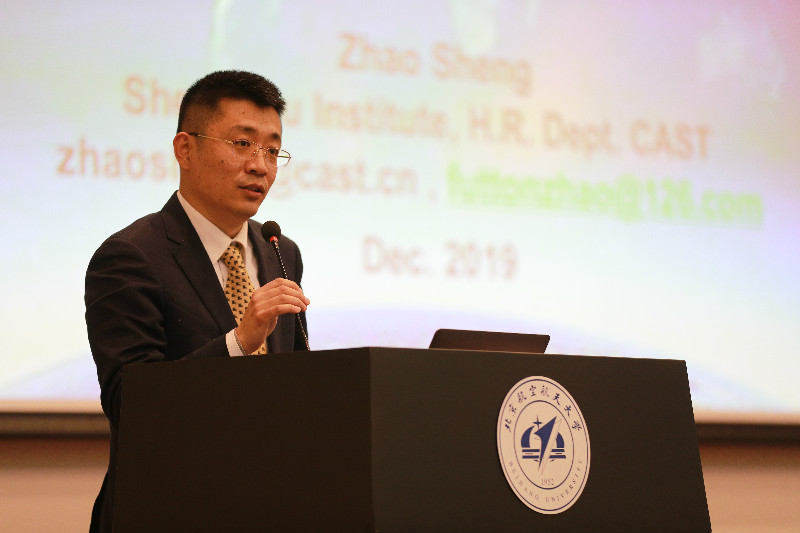
Mr. Ganiyu Ishola Agbaje, Director of ARCSSTE-E, briefly introduced the Member States, cooperation and talent training of each Regional Centre, and proposed that the Regional Centres should support the initiatives of the UNOOSA in promoting global space technology applications and sustainable development.
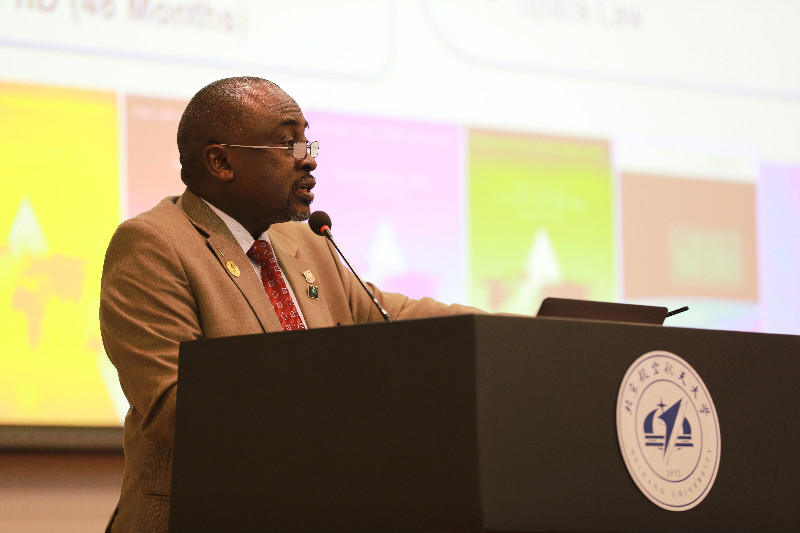
Mr. Mao Yong from the International Teenager Competition and Communication Center (ITCCC), systematically introduced STEAM education, including ten (10) activities such as the Future Space Scholar Meet and Future City Program, and displayed the student achievements.
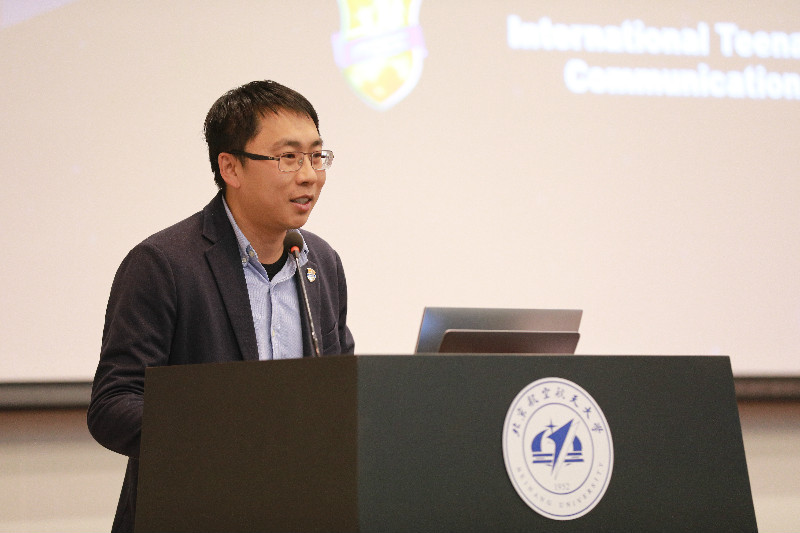
Mr. Jin Tian, representative of RSCCTEAP, associate professor of School of Electronic Information and Engineering, Beihang University, systematically combed the development mode and direction of RCSSTEAP since its establishment from three aspects: space education challenges, Regional Centre practices and achievements with the theme of capacity building of RCSSTEAP.
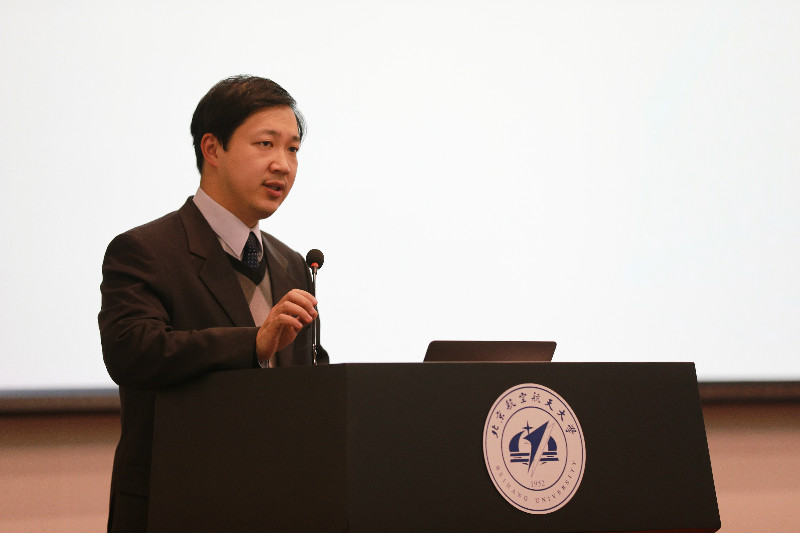
Guests attending the forum said that the International Space Education Cooperation Forum was brilliant and rich in content, which has a very important guiding significance for partners, enterprises and organizations engaged in the field of space education. The forum was warmly welcomed and praised by the audience.

